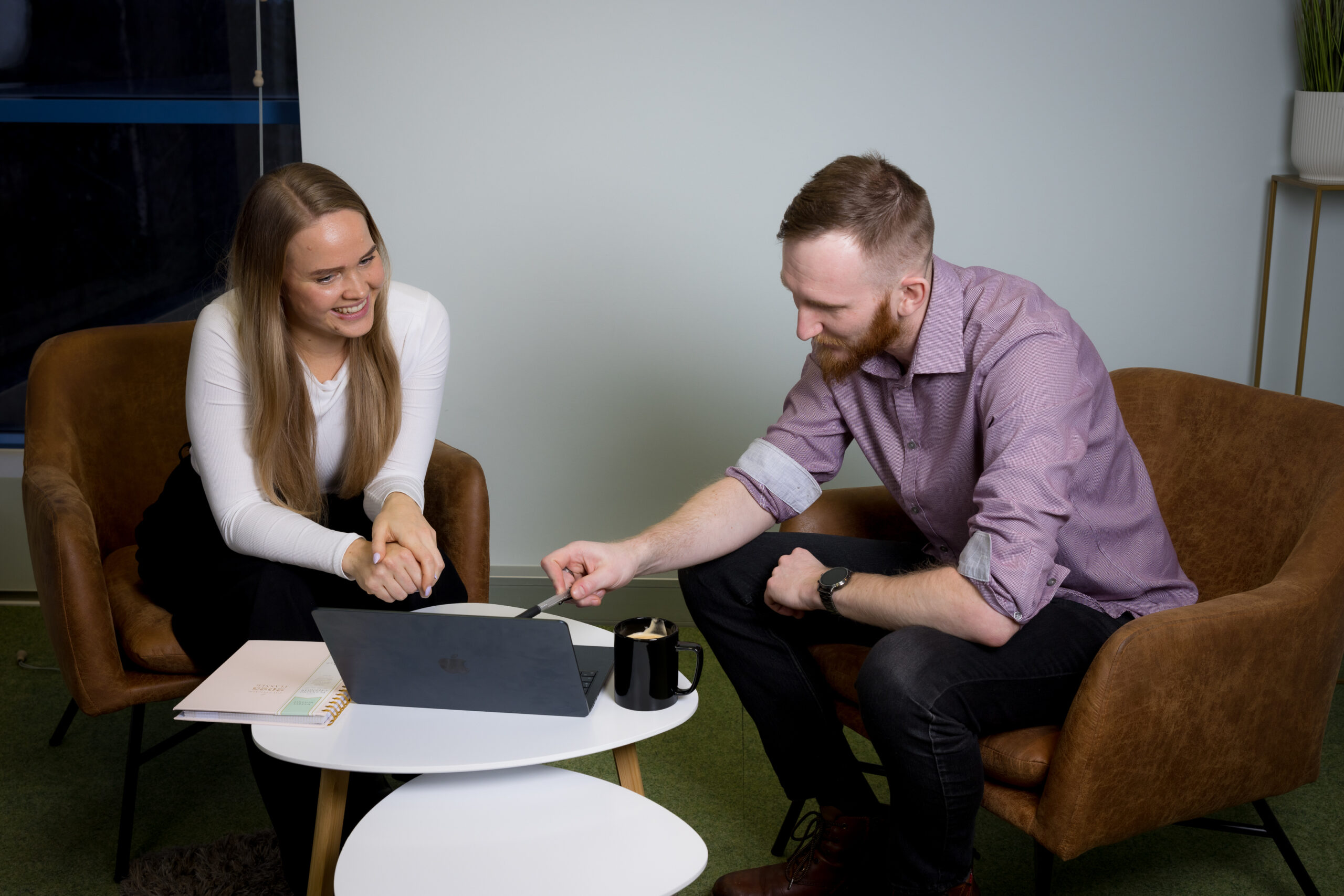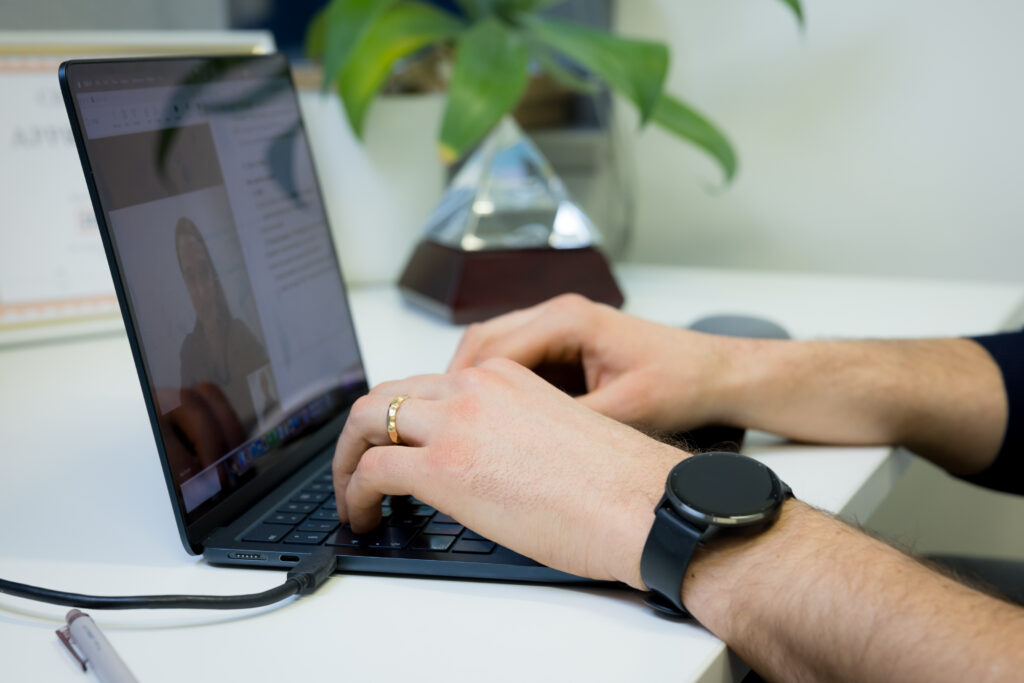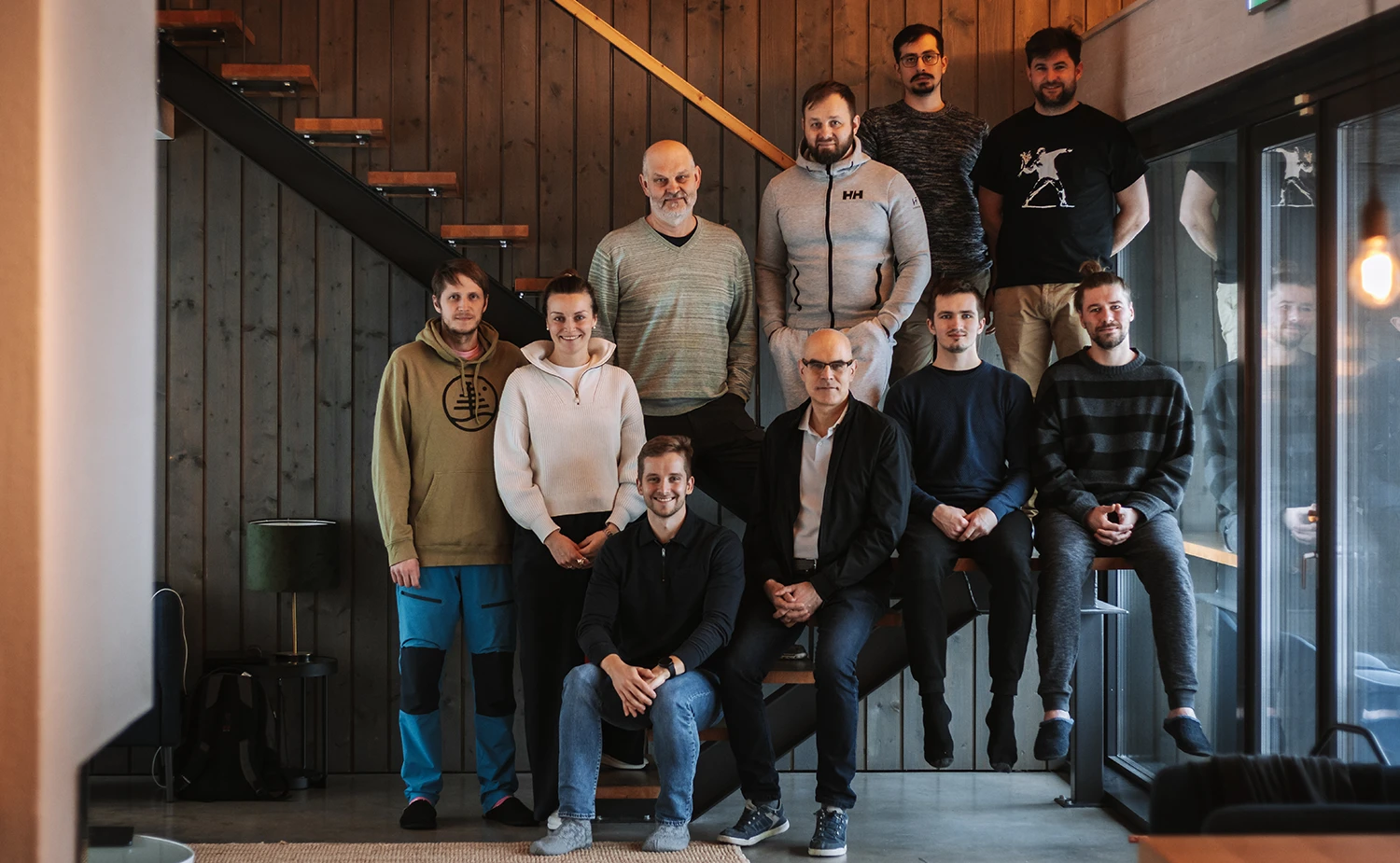Job Interview: Preparation from both the candidate’s and employer’s perspective

Our work at Southwestern Recruitment is divided into two main areas:
- We help company leaders and department managers find top performers.
- We assist professionals in taking the next logical step in their careers—at the right time and in the right place.
We have helped our clients fill over 250 specialist and managerial roles. To achieve this, we have sent over 1000 candidates to companies in various fields of expertise.
The main focus, in collaborating both candidate and company, has always been on preparation for the job interview. Raul Krebs, the managing partner at Southwestern Recruitment and a recruiter with five years of experience, summarizes the most important points.
How to prepare better for a job interview?
I have participated in job interviews in two roles—as a candidate and as a recruiter. This experience from both sides has taught me how much effort and awareness a good job interview actually requires.
Too often, a candidate loses a potential job not due to lack of skills, but because of insufficient preparation. As a negative example, we have had a situation where a candidate went to a job interview with Põhjala Teetalu, thinking it was related to Põhjala Brewery.
Similarly, a good candidate may also be missed by employers if the job interview is structured too generally or superficially. So, what can be done differently?
Job interview from the candidate's perspective
If you have an upcoming job interview, the first step should always be the company's research. Even if the company is well-known and you feel you already know enough. Don’t limit yourself to just what’s written on the homepage. Search things like:
- What are they currently prominent in the market?
- What kind of projects do they working on at the moment?
- What values do they emphasize?
If you can reflect their focus during the job interview and relate it to your own experiences, you will leave a more professional impression.
Another important step is to think about your strengths. In what situations have you previously solved challenges? Highlight the results and impact you have created. Bring along questions that show you have a deeper interest in the role and the company.
One candidate stood out during MyDello's recruitment because they immediately started to propose solutions to an existing problem.
Candidate preparation
Key practical tips for job interview preparation for candidates:
- Practice introducing yourself in a 2-minute version. Consider the questions: Who are you? What have you done? Why are you interested in this specific position?
- Why does this role appeal to you? A general answer like “it seems interesting” will not satisfy the interviewer. Connect this question to your previous experiences, future vision, and the company's background.
- Be engaged and ask questions! It's good to know what caught the company's attention regarding your profile. What are their expectations for the first few months and the long-term?
Job interview from the company's perspective
As a representative of the company, you also have a responsibility—to create an environment during the conversation where the candidate feels comfortable showing their strengths and openly discussing areas of development. If you only ask superficial or standard questions, you may never reach those valuable answers that truly help you assess the candidate's fit.

A good job interview is more than just a conversation or an interrogation. Employer also needs to be prepared:
- Read the candidate's CV thoroughly and think about what you want to know in more detail about their experiences. It has no value if the candidate tells you the same thing again that is already in their CV.
- What does success in the desired position require? Consider what questions you need to ask to get relevant feedback from the candidate.
- Honesty is fundamental! Share both the joys and challenges of the position. This helps both parties make a more informed decision.
- Understand that hiring is not just skills-based. Fit and communication matter at least as much.
In ATEA they use “X-factor” to choose between two equally strong candidates, meaning the decision is made based on who created a better personal connection.
Keep in mind!
If your goal in the job interview is to achieve good rapport with the conversation partner—not just at the level of skills, but also values and expectations—approach the job interview with the intention to truly get to know each other.
Need assistance from professionals? Contact our recruiter!


